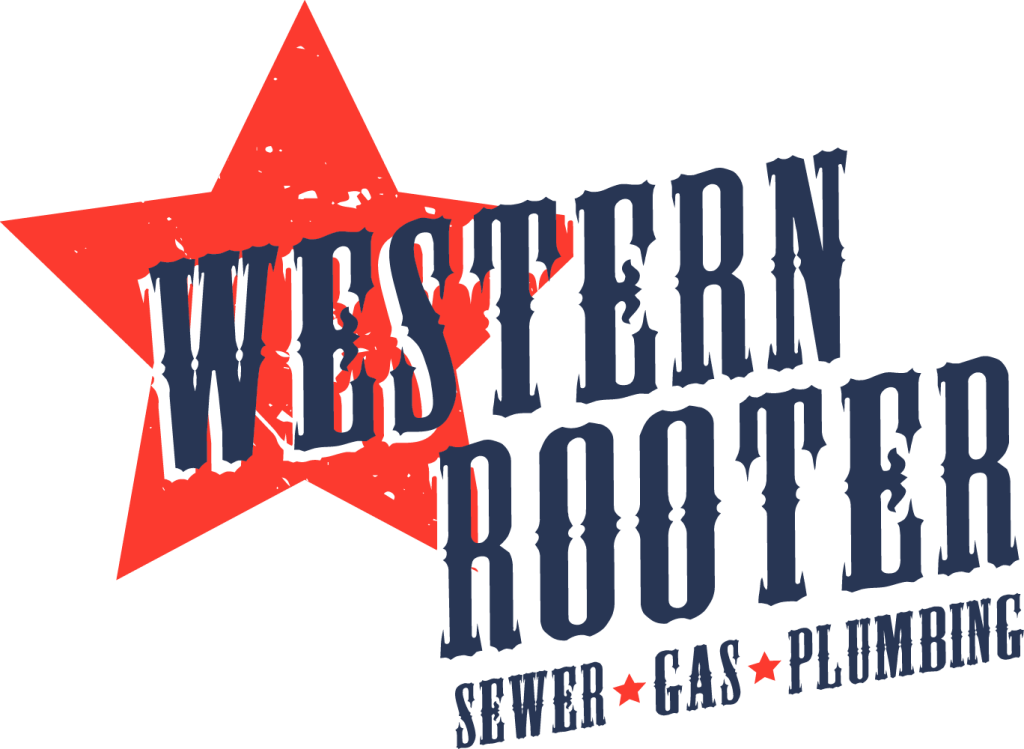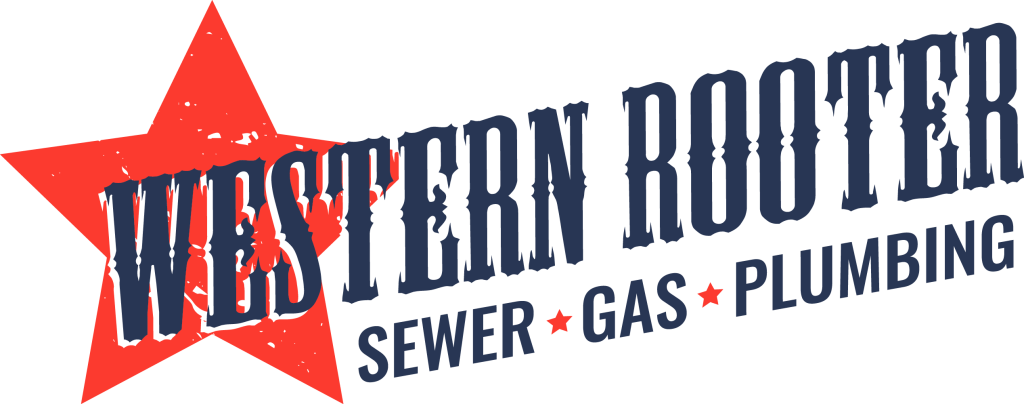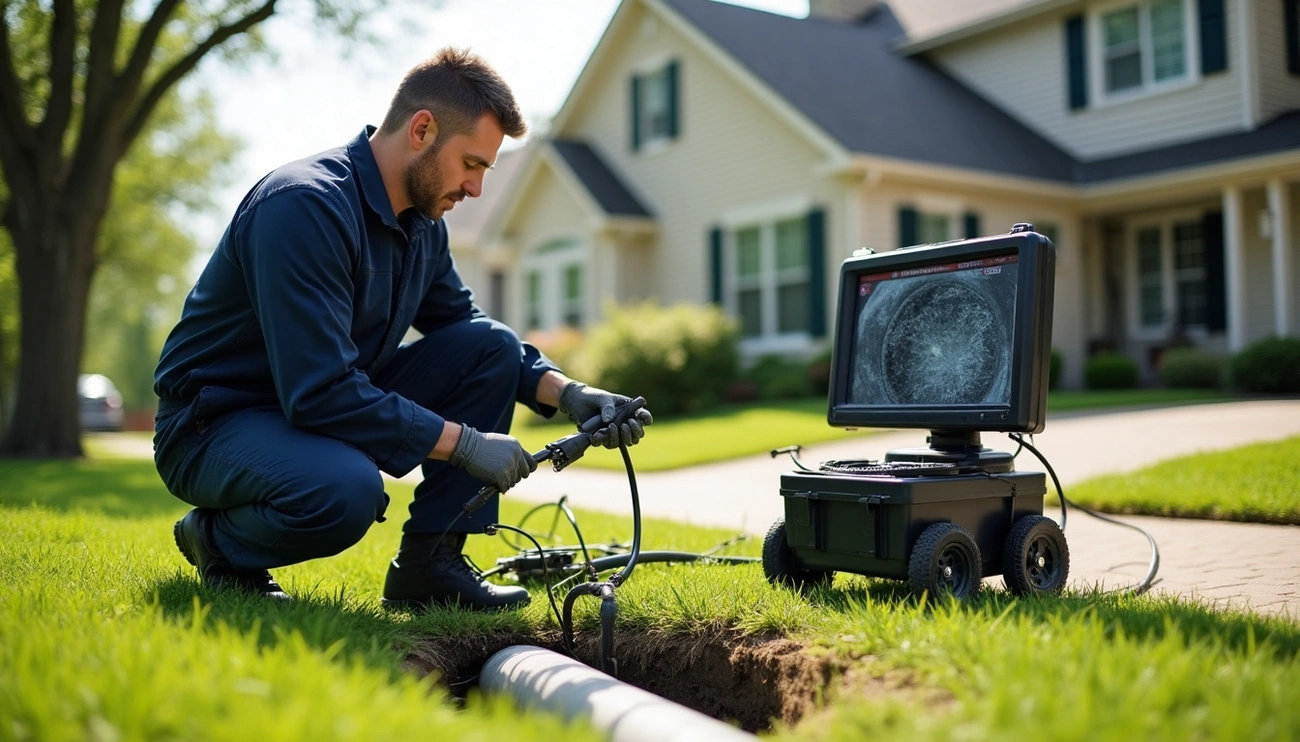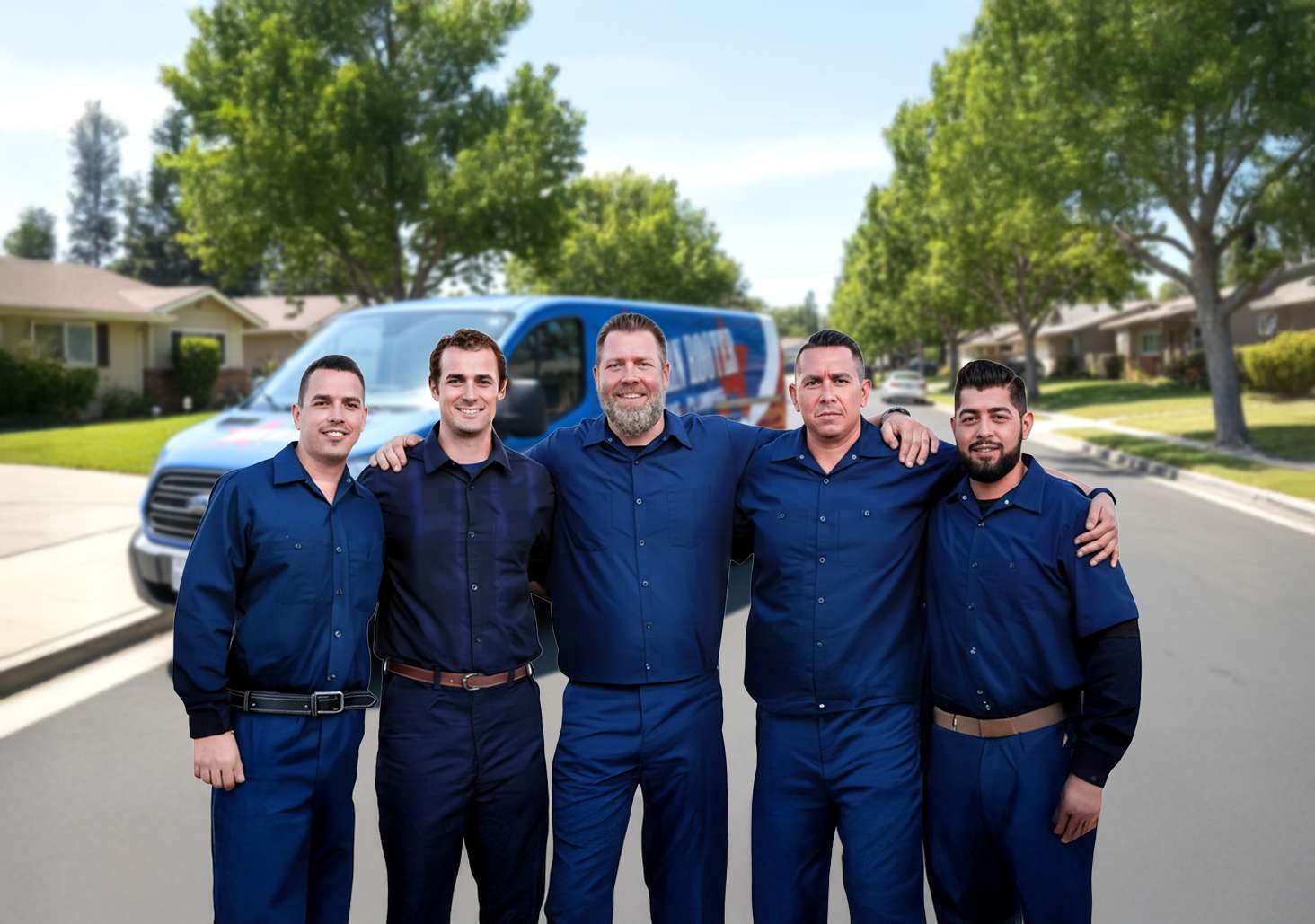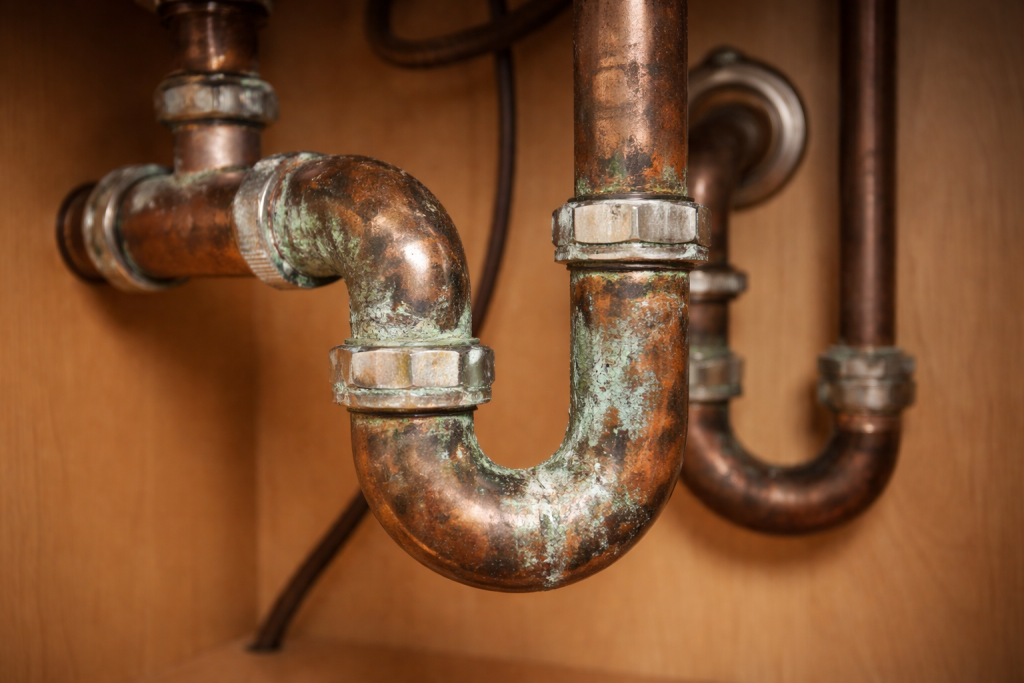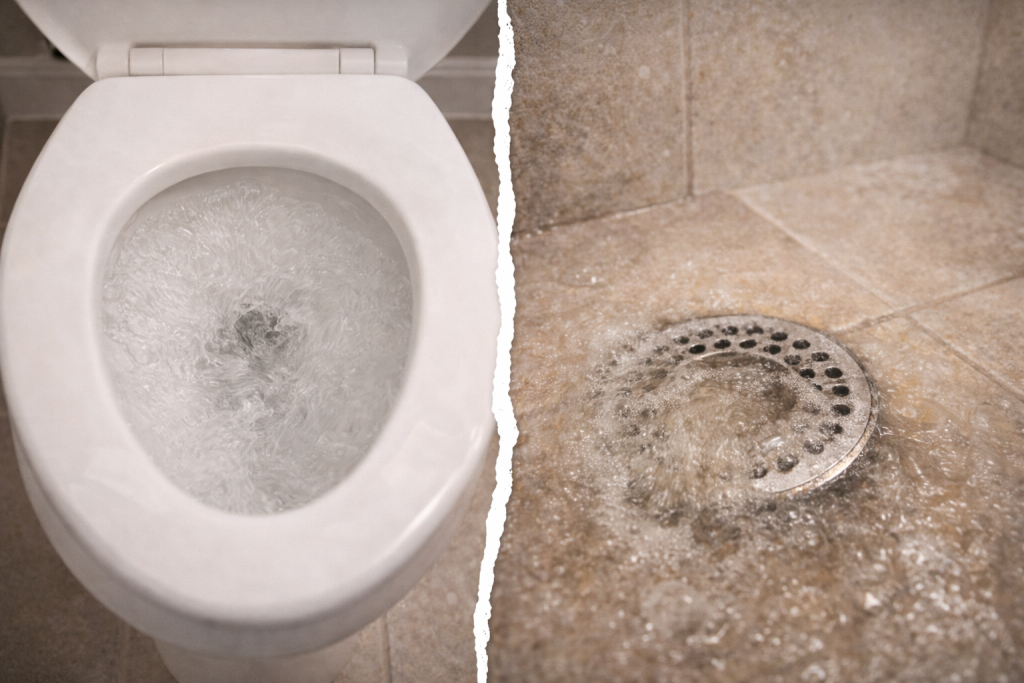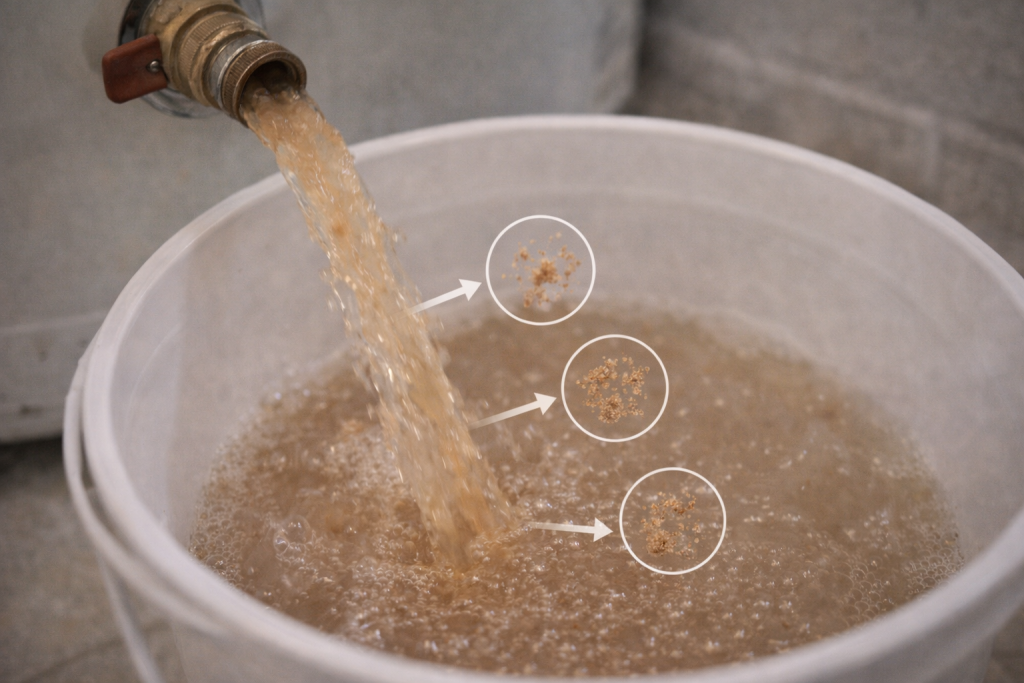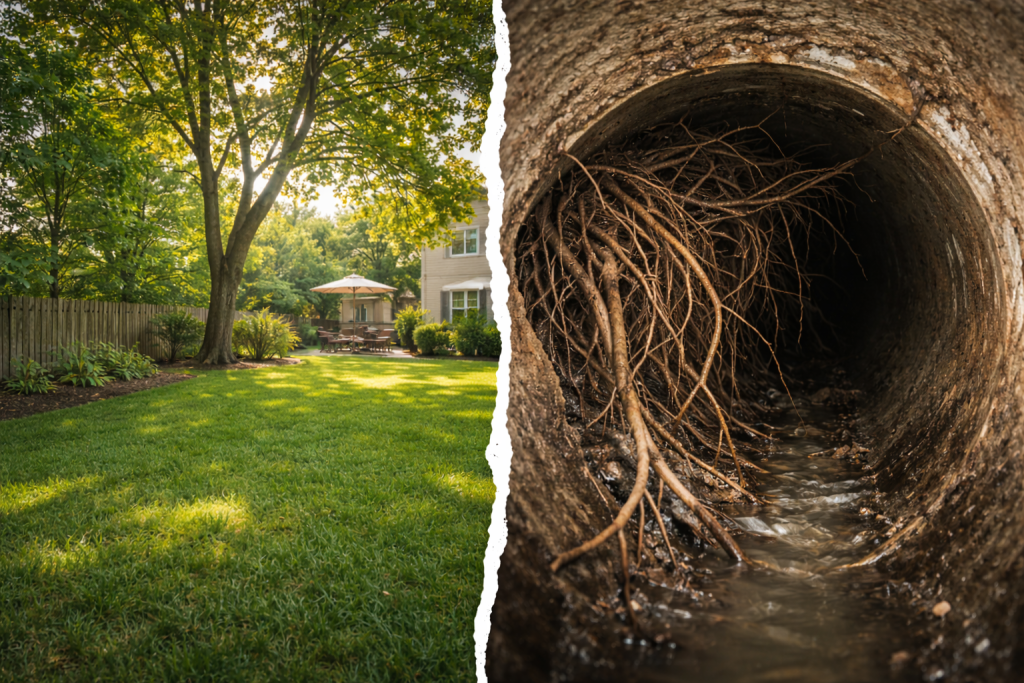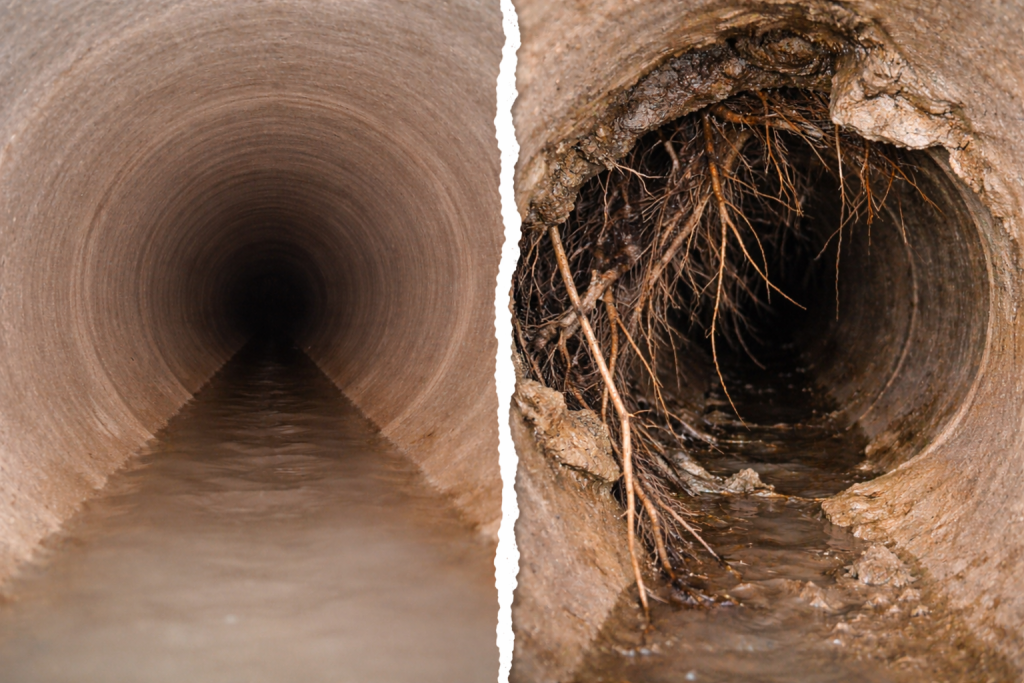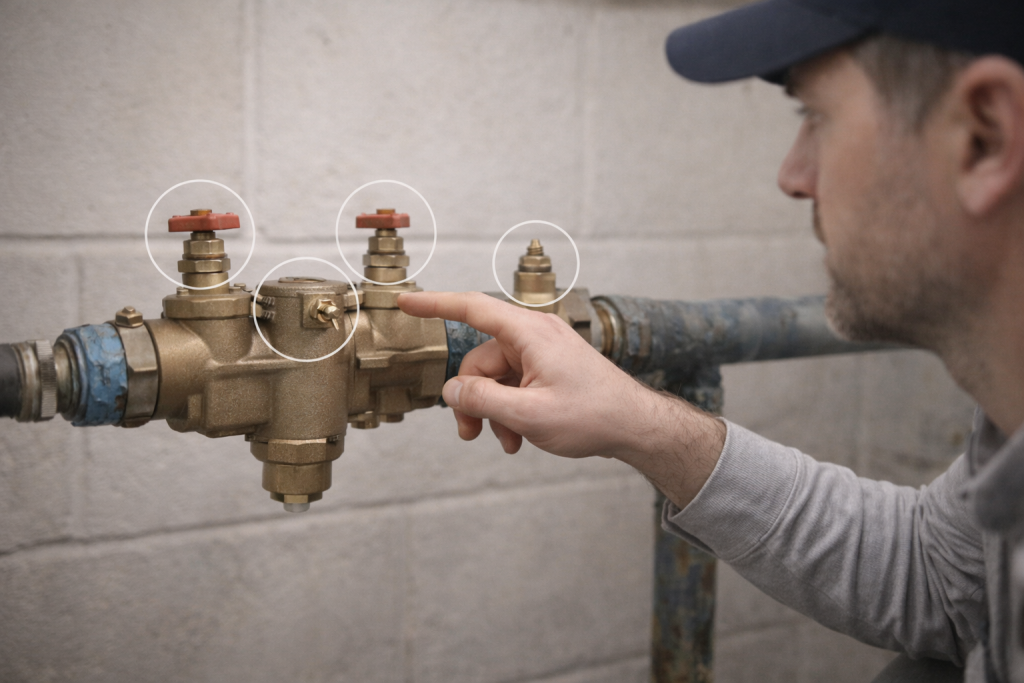Did you know that sewer repairs and replacement can get you stuck with a bill of up to $25,000?
Most homebuyers fall in love with their dream home without thinking about this shocking price tag. A sewer scope inspection could save you from this financial nightmare, and it only costs $175 to $500. You’re investing hundreds of thousands in a property, so skipping this vital step puts your finances at risk. The question is simple – why risk thousands in repairs just to save a few hundred dollars now?
A sewer inspection must be part of your due diligence if you’re buying a home. This simple assessment helps you learn about the sewer system’s current condition. It can reveal problems that might turn into expensive headaches after closing. Finding issues before the sale lets sellers fix them or gives you room to negotiate better terms.
This piece will show you everything you need to know about sewer inspections during home purchase. You’ll learn how to make smart decisions that could save you thousands in surprise repairs.
Signs You Should Get a Sewer Inspection Before Buying
Many buyers focus on visible home features, but hidden problems beneath could cost you thousands. Several warning signs show when a sewer scope inspection should happen before you finalize your purchase.
The home is more than 30 years old
Homes built before the 1980s face substantially higher risks of sewer line problems. Original sewer lines remain in many older properties. These lines often contain deteriorating materials that became liabilities as time passed. Homes from the 1950s through 1970s typically have sewer lines made from pulp coated with tar, called “Orangeburg pipes.” These pipes break down and collapse eventually. The pipes last no more than 50 years, and their breakdown leads to frequent clogs and possible collapse. Concrete and clay pipes found in older homes easily crack, disintegrate, and suffer damage.
There are large trees near the property
Large trees on your property might reveal plumbing and sewer problems previous homeowners faced. Tree roots‘ strength draws them to water and moisture inside sewer lines. They grow into tiny openings and latch onto debris like grease, paper, or other waste. Roots keep growing into the line and can crack pipes, cause leaks, or lead to complete collapse. The roots also trap debris flowing within the pipe, which creates serious sewer backups.
You notice slow drains or foul odors
Watch how water moves through your home’s plumbing. Multiple slow-draining outlets often point to a blockage deep in the main sewer line. Toilets or drains make gurgling sounds after water use when trapped wastewater displaces air in the lines. Your drains or backyard might release foul odors that suggest sewer line issues like leaks or poor ventilation. These signs often mean the sewer doesn’t vent properly due to clogs, which forces gasses up through drains.
The home sits on a slope or hill
Houses on steep hills create unique sewer challenges. Steeper slopes increase the chance of line breakage. Hills create extra pressure on sewer pipes that can misalign or damage them over time. Terrain matters especially when you have older homes where pipe materials might already show weakness.
How a Sewer Inspection Can Save You Thousands
A sewer scope inspection stands out as one of the smartest financial moves you can make while buying a home. This small upfront investment can save you from huge expenses later.
Real examples of costly repairs avoided
The numbers tell a clear story. Sewer line repairs can cost anywhere from $4,000 for minor fixes to $25,000 for full replacements. Homeowners in North Chesterfield found that their sewer lines were failing after they bought their homes. They had to pay $5,000 to $10,000 in repairs during their first year. Homeowners’ insurance and warranties rarely cover these costs. A full sewer inspection costs just $100-$200 when you bundle it with a home inspection. As a standalone service, it runs about $225. This is a great deal given what you might save.
Using the report to negotiate with sellers
Finding sewer problems gives you more power at the bargaining table. Here are your options:
- Request repairs before closing
- Negotiate a price reduction to cover repair costs
- Walk away if problems are too severe
The detailed inspection report becomes your tool instead of a reason to worry. You can show repair estimates from trusted contractors and highlight major issues that need quick fixes. Asking for repair credits works better than letting sellers handle the repairs. You might want to ask for a much lower purchase price if repairs will get pricey.
Preventing post-sale legal disputes
Sewer inspections protect you legally too. The law requires sellers to tell buyers about any sewer problems they know about. Yes, it is illegal to hide these issues. Sellers who do can face lawsuits, fines, and their sale might even get canceled. One case shows buyers who took legal action against a previous owner after they found hidden sewer defects. The repair bill was over $500, and plumbers confirmed this was “definitely not a new problem”. Documentation before purchase removes these risks since courts often rule that sellers should have known about existing problems.
Choosing the Right Professional for the Job
Choosing the right sewer inspection professional could mean the difference between finding critical issues and missing them completely. Your decision matters because thousands of dollars are at stake.
Why experience and equipment quality matter
Professional sewer cameras give clearer, higher-resolution images that help spot small cracks and early corrosion. Expert inspectors can spot potential problems that untrained eyes often miss. They give accurate assessments of your future home’s sewer system. Professional-grade equipment has flexible rods with high-definition cameras that send live video to monitors. This technology helps detect hidden issues like cracks, root intrusion, corrosion, and misaligned pipes with precision.
Pros and cons of using your home inspector
Pros:
- You can combine it with regular home inspection
- You save money with bundled services ($150 with a home inspection vs. standalone service)
- You get a detailed property assessment from one professional
Cons:
- Home inspectors often miss problems deeper in the system
- Most don’t have specialized sewer video cameras
- They lack sewer-specific training compared to specialists
Licensed plumbers bring specialized equipment and training for sewer issues, but they tend to focus on plumbing problems rather than overall home condition.
How to verify credentials and reviews
Start by checking relevant certifications from the National Association of Wastewater Technicians (NAWT). These certifications show a steadfast dedication to industry standards, even in states without licensing requirements. Make sure to ask for insurance documentation and proper permits.
Look through online reviews from previous customers. Pay attention to patterns in positive and negative feedback. You should ask specific questions about their inspection process, equipment, and experience with properties like yours. Try to get multiple quotes to compare services and pricing. Remember that the cheapest option isn’t always the best value.
What to Do If Problems Are Found
When you find issues during a sewer inspection, don’t panic—this information can work to your advantage in the home-buying process. This knowledge helps you make smart decisions about your next steps.
Understanding the repair options
The severity of the problem determines which repair methods work best. Traditional repairs need excavation around the line and can disrupt landscaping and driveways. Trenchless methods like pipe lining (inserting a resin-coated tube inside the damaged pipe) or pipe bursting (pulling a new pipe through while breaking the old one) need minimal digging. Repair costs range from $3,000 for minor issues to $25,000 for complete replacements. Simple rodding or jet cleaning might fix minor problems like clogs. Plumbing specialists can help you choose the best approach for your situation.
Getting a second opinion or re-scope
You should get an independent second opinion before paying for expensive repairs. Many companies use high-quality video cameras for follow-up inspections. Second evaluations often show that some issues don’t need major repairs. Make sure you get video footage and a detailed written report from every inspection. It’s worth mentioning that a proper sewer line inspection needs a clear line without backup. Independent inspectors who don’t profit from selling repairs give you the full picture.
How to handle it in the purchase agreement
After you find sewer problems, several negotiation options exist: ask for repairs before closing, negotiate a lower price, or request escrow funds for future repairs. The issues might be serious enough to make you walk away from the deal. Quotes from multiple contractors strengthen your position during negotiations. Every agreement about repairs, credits, or price reductions needs proper documentation. Sellers must ensure the sewer system works properly before completing many transactions.
Conclusion
A sewer inspection before buying a home ended up protecting you from devastating financial surprises down the road. This small investment of $175-$500 could save you up to $25,000 in unexpected repairs after closing. Skipping this significant step is one of the riskiest decisions a homebuyer can make.
Several warning signs point to a needed inspection. Homes over 30 years old, large trees near the property, slow drains, and properties on slopes all need professional assessment. On top of that, a full picture gives you valuable negotiation power if problems come up. You can request repairs, price reductions, or walk away if the problems are too severe.
The right professional makes all the difference in finding potential problems. You should verify credentials, check reviews, and make sure they use high-quality equipment before hiring. If you find issues during the inspection, take time to understand repair options, get second opinions, and document any agreements in your purchase contract.
Your dream home shouldn’t come with nightmare plumbing problems. The peace of mind that comes from knowing your sewer system’s condition before signing is nowhere near the minimal upfront cost. Contact Western Rooter today to get a free estimate and protect your investment with a professional sewer inspection!
